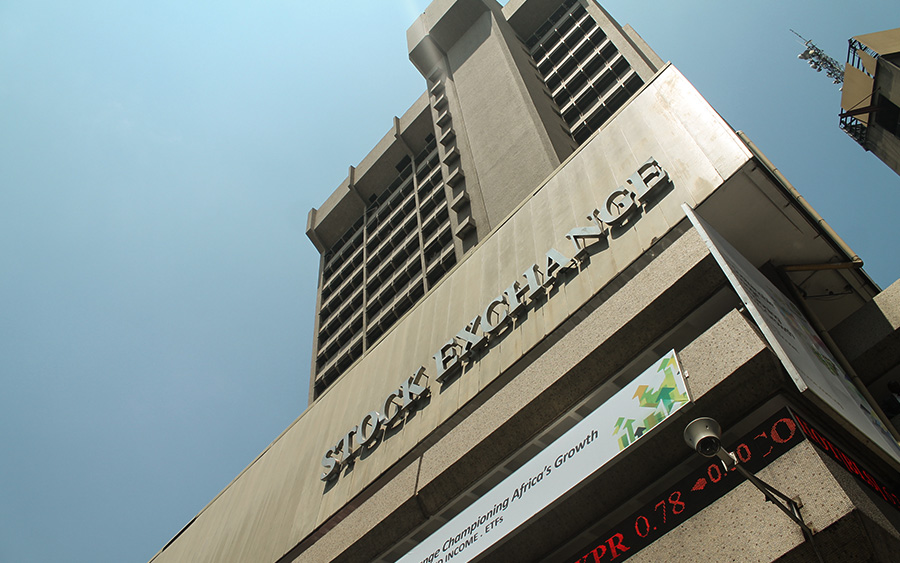The Nigerian Stock Exchange (NSE) has lifted the ban placed on the shares of Royal Exchange Plc. This, according to the Exchange, is as a result of the company’s compliance with the rules for the filing of accounts, treatment of default filing and the rulebook of The Exchange (issuers’ rules).
In a statement signed by Godstime Iwenekhai, NSE’s Head of Listings Regulation Department, it was confirmed that the suspension of trading in the issuer’s securities was lifted upon submission of the relevant accounts.
The statement read in part, “In view of the Company’s submission of its Audited Financial Statements, and pursuant to Rule 3.3 of the Default Filing Rules, which provides that: ‘The suspension of trading in the Issuer’s securities shall be lifted upon submission of the relevant accounts provided The Exchange is satisfied that the accounts comply with all applicable rules of The Exchange. The Exchange shall thereafter also announce through the medium by which the public and the SEC was initially notified of the suspension’, Dealing members are hereby notified that the suspension placed on trading on the shares of Universal Insurance Plc was lifted today, Thursday, August 29, 2019.”
[READ MORE: NSE lifts suspension on Thomas Wyatt Nigeria Plc]

Royal Exchange, alongside other 33 companies had been placed on red alert for breaching various post-listing regulations ranging from failure to submit their financial statements and accounts to the NSE and the inability to publish same in at least one or two national dailies as well as on the companies’ websites.
What you should know: Royal Exchange Plc commenced operations in Nigeria in 1918, represented by Barclays Bank DCO. In 1921, it converted to a full branch of its then parent company, Royal Exchange Assurance, London.
The company was, in December 1969, reconstituted and incorporated as a Private Limited Liability Company. The company went public on July 18, 1989, and was duly listed on the NSE on December 3, 1990.
[READ ALSO: 2 banks delisted from NSE]













